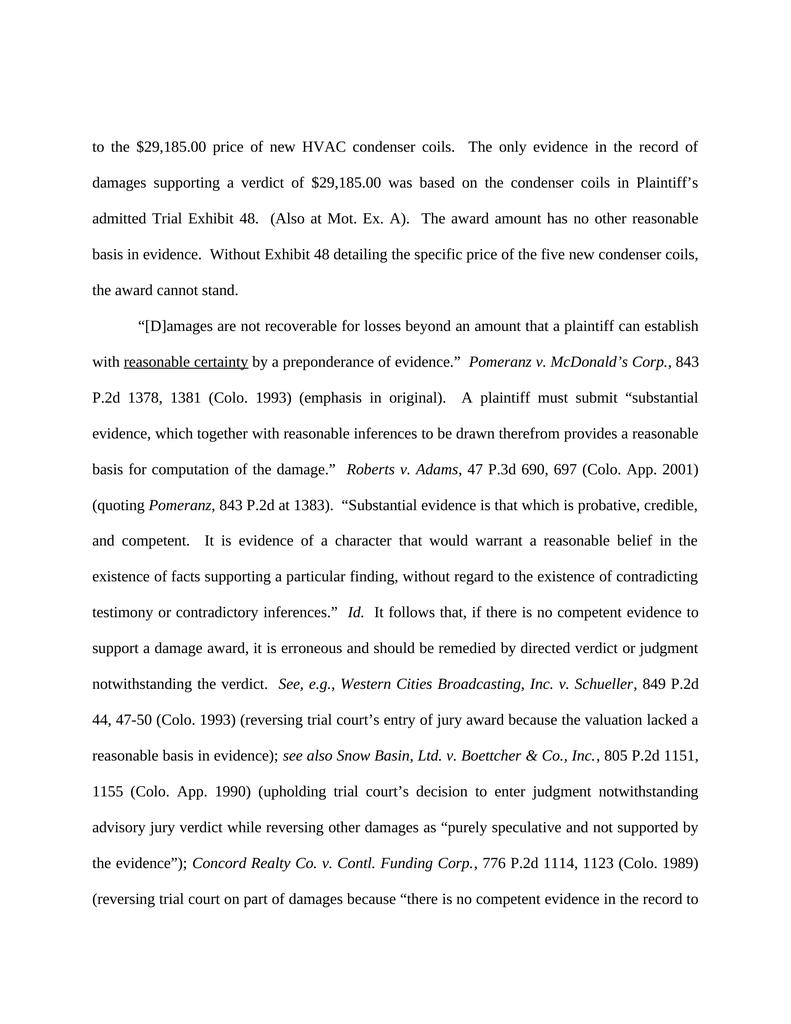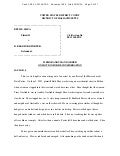

50.02(c) (judgment notwithstanding the verdict) 52.02 (motion for amended findings). The change in Rule 59 will serve to extend the deadline for other post-trial motions as well, because the current rules specifically tie the deadlines for those motions to Rule 59.

This amendment will also reduce, although not eliminate, the potential consequences of failing to have a post-trial motion heard in a timely manner. At the time this rule was adopted, post-trial motions were often heard in a somewhat perfunctory manner and court assignment practices permitted the scheduling of cases in this manner. The single purpose of the amendment of this Rule 59.03 in 2000 is to create a longer and more reasonable period in which to hear post-trial motions.
Judgment notwithstanding the verdict trial#
On a motion for a new trial in an action tried without a jury, the court may open the judgment if one has been entered, take additional testimony, amend findings of fact and conclusions of law or make new findings and conclusions, and direct entry of a new judgment.Īdvisory Committee Comment - 2000 Amendment (g) The verdict, decision, or report is not justified by the evidence, or is contrary to law but, unless it be so expressly stated in the order granting a new trial, it shall not be presumed, on appeal, to have been made on the ground that the verdict, decision, or report was not justified by the evidence. (f) Errors of law occurring at the trial, and objected to at the time or, if no objection need have been made pursuant to Rules 46 and 51, plainly assigned in the notice of motion (e) Excessive or insufficient damages, appearing to have been given under the influence of passion or prejudice (d) Material evidence newly discovered, which with reasonable diligence could not have been found and produced at the trial (c) Accident or surprise which could not have been prevented by ordinary prudence (b) Misconduct of the jury or prevailing party (a) Irregularity in the proceedings of the court, referee, jury, or prevailing party, or any order or abuse of discretion, whereby the moving party was deprived of a fair trial A new trial may be granted to all or any of the parties and on all or part of the issues for any of the following causes:


 0 kommentar(er)
0 kommentar(er)
